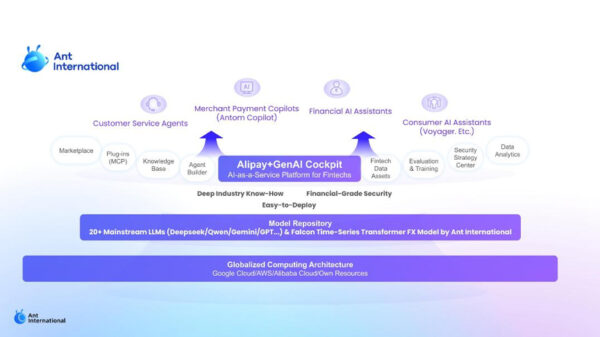Following the introduction of restrictions around the world due to the coronavirus threat, people’s usual online behavior has changed, not only among adults, but also among children. According to a new Kaspersky study, kids have paid less attention to computer games in recent months, especially when compared to the period before the pandemic began.
The worldwide COVID-19 pandemic has forced children to continue their education from home, which is mainly done by attending lessons online. Many parents are also working from home, and currently spend more time with their families during the lockdown. While being locked in together nearly all of the time could obviously become a challenge for both children and adults, it is vital that parents understand what their youngsters are up to, and use this period as an opportunity to become more closely connected as a family.
Luckily, there is at least one less activity for parents to worry about. According to Kaspersky’s recent report, based on anonymized data collected by the Kaspersky Security Network (KSN)[1] from users of Kaspersky Safe Kids on both Windows and macOS platforms, children have become less interested in games on personal computers during the lockdown. From March to May 2020, interest in this category consistently decreased in comparison with the first two months of the year.
Chart 1. Children’s interest in games on Windows and macOS platforms, January – May 2020
The decrease in children’s interest in games is only relevant for Windows, as children are still more likely to play computer games on Windows PCs than on Macs. This is probably because most computer games are released specifically for Windows: for example, on popular online games stores, such as Steam, there are significantly fewer games available for macOS.
“Declining interest in games on personal computers can be explained by the increased need of having to use them for other activities. For instance, the educational process is easier to participate in on PCs than on mobile devices. We can see that even though children spend a significant part of their time at home, they use computers wisely and don’t feel the need to dive into video games,” comments Anna Larkina, web content analysis expert at Kaspersky.
Interestingly, the numbers in Southeast Asia are showing a different picture. The global pattern is reflected in Malaysia and Vietnam while other countries have shown an increase in numbers.
In the Philippines, computer game users increased during the lockdown with the highest recorded data in April at 20.40%.
To ensure your child has positive gaming experiences during the pandemic, Kaspersky has the following recommendations:
- Encourage children to tell you if they are experiencing anything that makes them uncomfortable or bothers them while they are playing games. Note that not all negative emotions have negative connotations and there can be good outcomes. For instance, if a child doesn’t succeed in something and they persist in trying to get it right, their patience will improve
- If you notice your child is spending significantly less time on computer games during the self-isolation period, try to find out why. Talk to them and try to understand how they are perceiving the current circumstances, as well as what difficulties they may be encountering. It may be time to check that they are not overloaded with schoolwork
- Finding time to play computer games with your child will help strengthen your relationship and increase your understanding of what your child does in their free time
- Install Kaspersky Safe Kids, a solution that allows you to monitor, see and search your children’s online activity across a range of devices but without encroaching on their personal space. The solution also offers useful advice on how to help children behave safely online













































































































